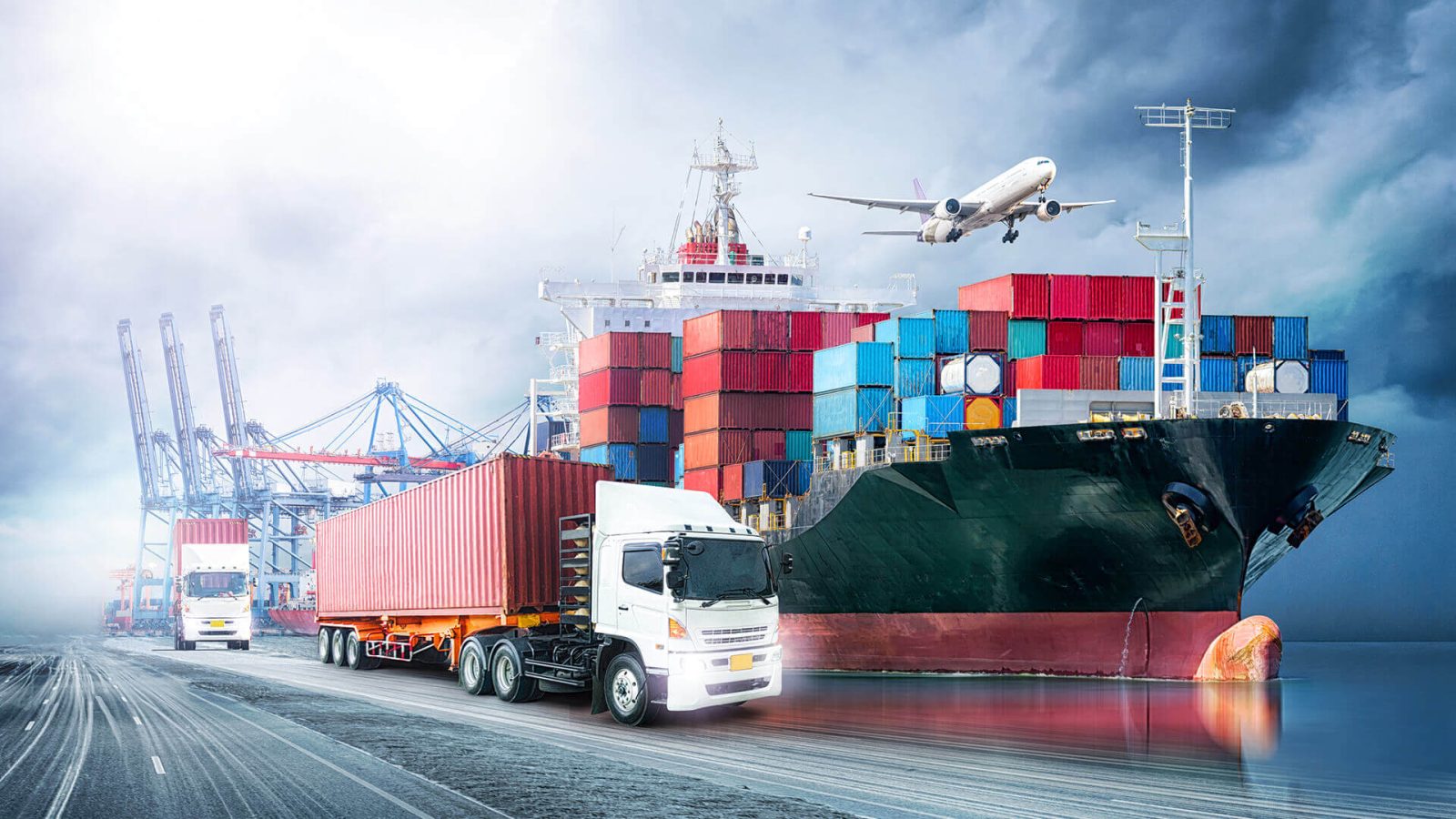The Importance of International Cargo Shipping
International cargo shipping plays a vital role in global trade, connecting countries and facilitating the movement of goods across borders. As economies around the world become more interconnected, shipping companies are essential in ensuring that products, raw materials, and resources reach their destinations efficiently. Whether it’s consumer goods, industrial equipment, or food products, international cargo shipping ensures that businesses can operate smoothly and meet the needs of their customers. Without the logistical support provided by shipping, global commerce would come to a standstill.
Modes of Cargo Shipping: Sea, Air, and Land
International cargo shipping is a multifaceted industry, relying on different modes of transportation to ensure efficient delivery. The three primary methods are sea freight, air freight, and land transport.
- Sea Freight: The most common and cost-effective method for shipping large volumes of goods over long distances. Cargo ships can carry thousands of containers, making it ideal for heavy or bulk items.
- Air Freight: While more expensive, air freight offers the fastest delivery for smaller, high-value items or time-sensitive shipments. It is typically used for goods like electronics, pharmaceuticals, and perishable items.
- Land Transport: Often used in combination with sea or air freight, trucks, and trains help to move goods to and from ports and airports, ensuring the last-mile delivery.
Each mode of transport has its advantages and is chosen based on factors like cost, time, and the nature of the goods being shipped.
Key Challenges in International Cargo Shipping
The global shipping industry faces numerous challenges, from environmental regulations to geopolitical tensions. One of the major challenges is compliance with the ever-changing international laws and regulations. Different countries have specific customs procedures, tariffs, and taxes, making it crucial for shipping companies to stay updated on global trade policies.
Another significant challenge is environmental concerns. The shipping industry has come under scrutiny for its carbon emissions and environmental impact. Efforts to adopt greener technologies, like cleaner fuels and energy-efficient ships, are ongoing, but these solutions are still in their early stages.
Moreover, logistical issues such as port congestion, labor strikes, and delays due to unforeseen circumstances like natural disasters or pandemics can disrupt the global supply chain. These challenges require shipping companies to be flexible and adaptive, ensuring they can overcome disruptions and continue delivering goods on time.
The Future of International Cargo Shipping
As technology continues to advance, the future of international cargo shipping looks promising. The rise of automation, artificial intelligence (AI), and blockchain technology is set to revolutionize the industry. Automated ports, for example, can increase efficiency by reducing human errinternational cargo shippingor and speeding up cargo processing times. Drones and autonomous ships are also being explored as future possibilities for shipping, potentially cutting costs and reducing delivery times.
Blockchain technology, with its ability to securely track shipments, offers a transparent and tamper-proof way of managing international cargo. It can streamline customs procedures, reduce paperwork, and enhance communication between parties involved in the shipping process.
In addition, the industry is focusing more on sustainability. With growing pressure to reduce carbon emissions, shipping companies are investing in greener alternatives such as electric ships, alternative fuels, and eco-friendly port operations. The global demand for more sustainable shipping practices is likely to shape the industry’s future, pushing for more eco-conscious solutions.
Conclusion
International cargo shipping is an indispensable part of global trade, enabling the flow of goods across the world. Despite the challenges it faces, including regulatory hurdles and environmental concerns, the industry continues to evolve. With advancements in technology and a push toward more sustainable practices, the future of cargo shipping promises to be more efficient and environmentally friendly. As businesses and consumers increasingly rely on global trade, the importance of international cargo shipping will only continue to grow.








Leave a Reply